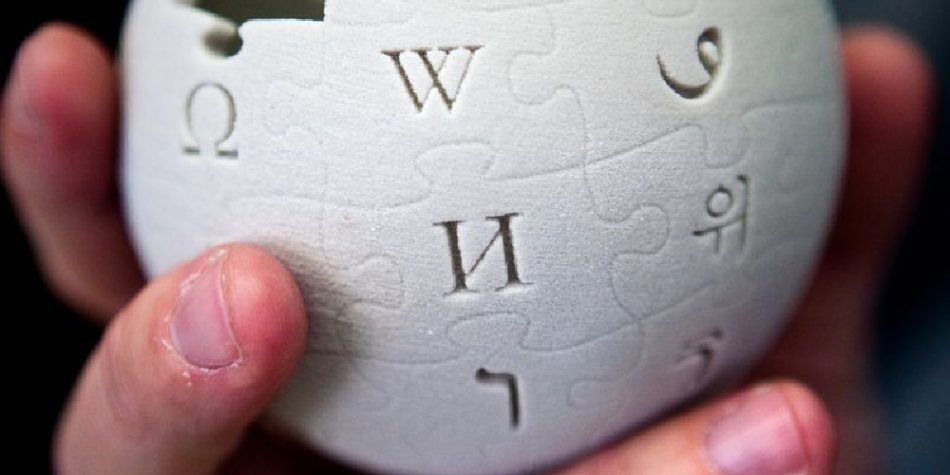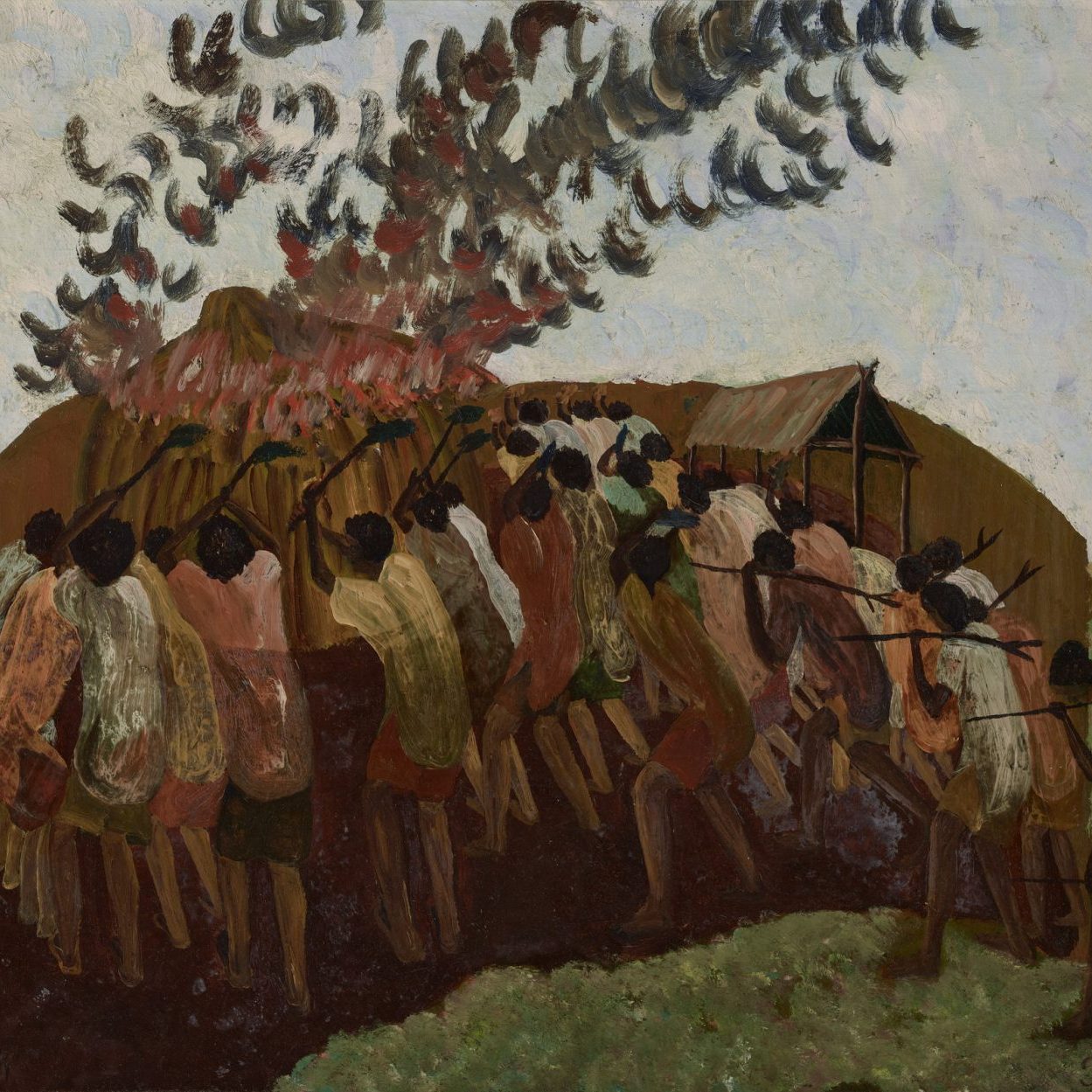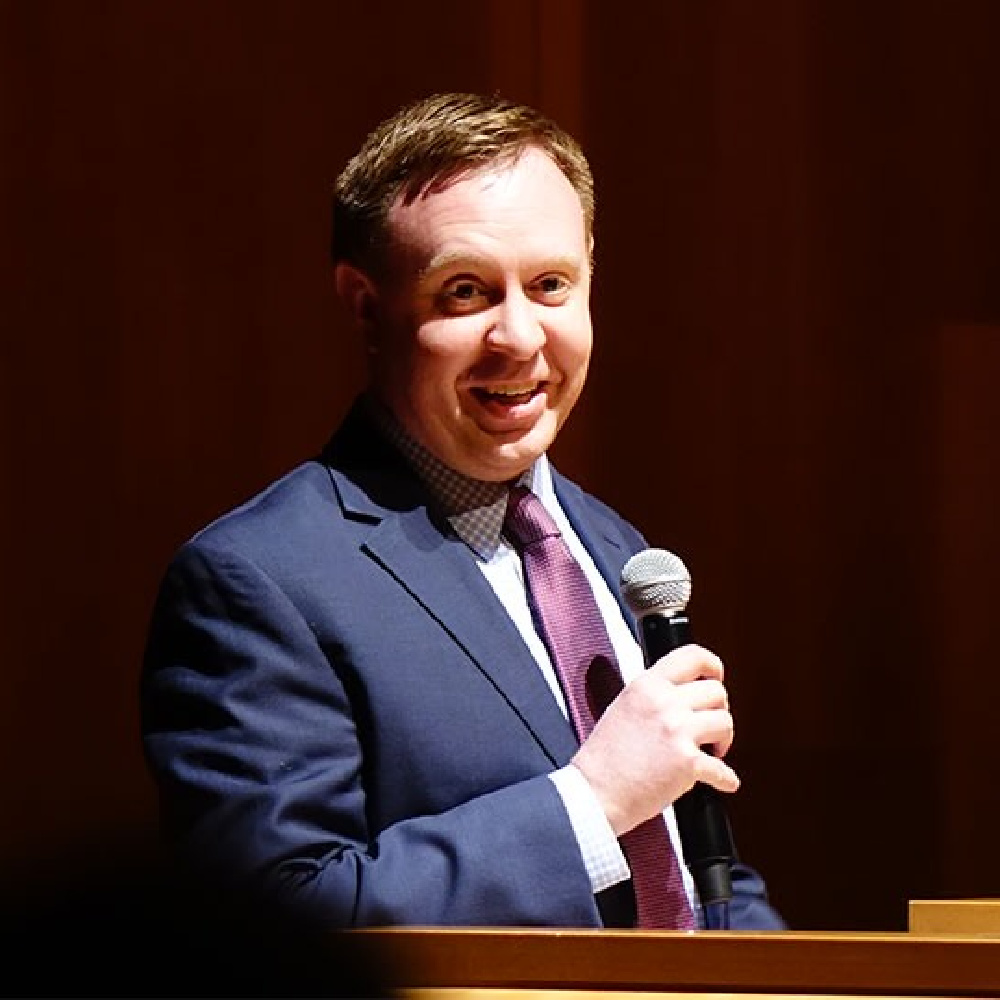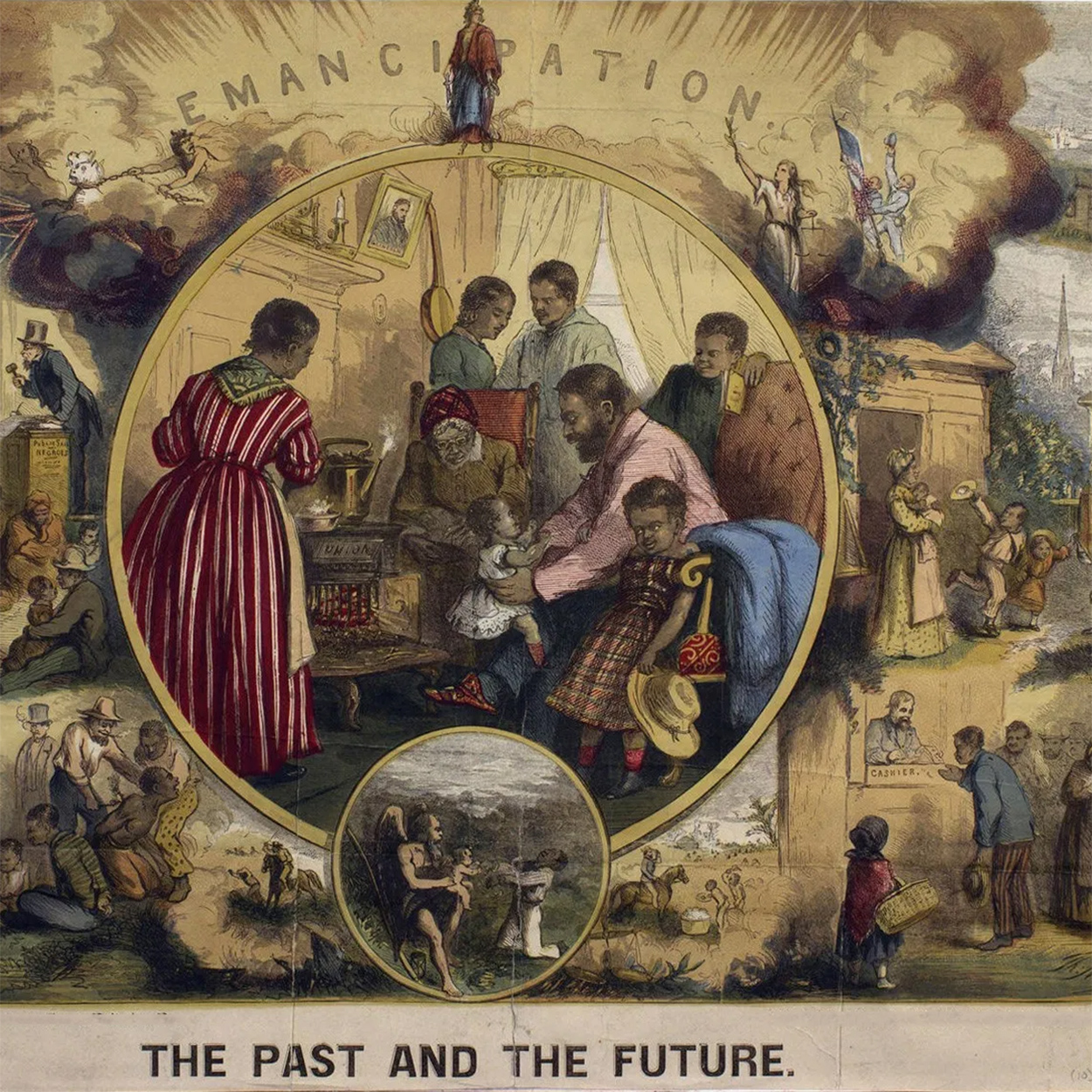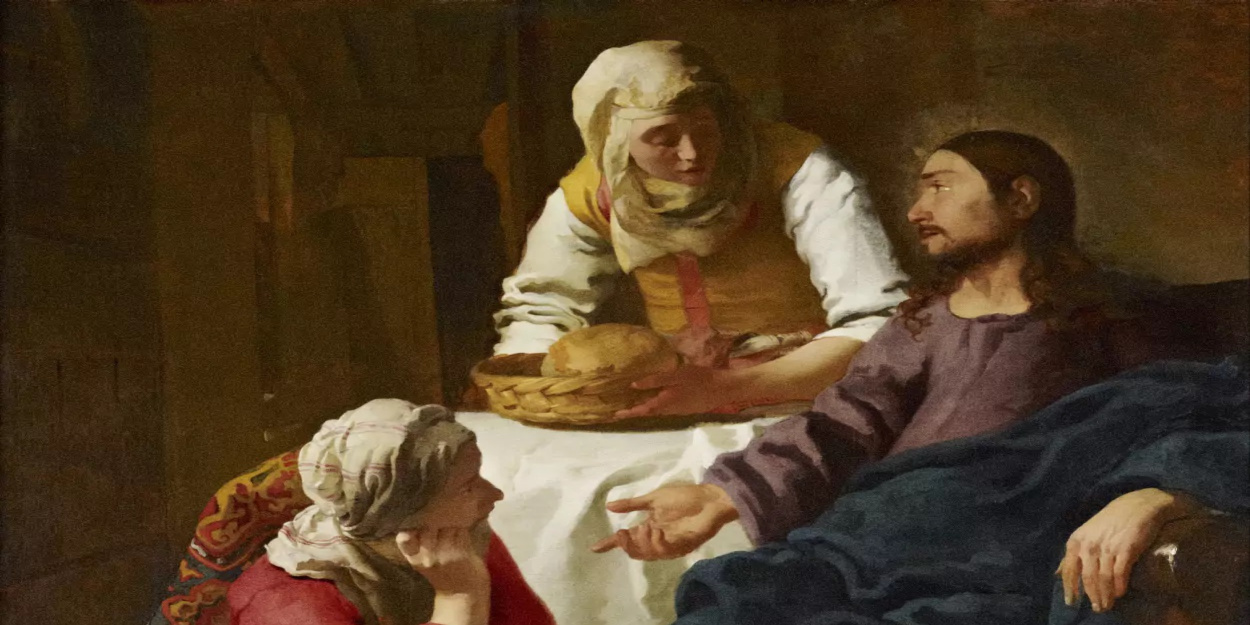We are witnessing one of the greatest revolutions in the history of the world. Consider for a moment how the internet and smartphones have affected the world. Since 2012, more than half of the population in the United States has had a smartphone with instant access to the internet. After ten years of smartphone upgrades, older and previously owned phones are making their way all over the world; in places like Africa, many people do not have access to a computer, but they have access to smartphones. The internet is becoming an extension of every human person in the world.
In 1440, when Johannes Gutenberg invented the printing press, it brought the light and power of knowledge to peoples’ lives throughout the Western world. The dark ages of Europe were gradually illuminated by the light of the Renaissance and Enlightenment. The invention of the printing press revolutionized the world, but it took hundreds of years.
The developments of the internet and smartphones are likely to be more significant in their consequences. Whatever concerns exist about some of these consequences, there is a positive angle that too often gets missed—perhaps, especially among people of faith. For the first time ever, one can “publish” and share information with everyone in the entire world at almost no cost. The empowering light of open education is reaching everyone in the world.
The Open Movement
This “open” movement is overcoming barriers to knowledge and creative activity in our global, interconnected world. The open movement incorporates “open access, open data, open-source, open science, open education, open licensing, and open content,” and extends the reach of educational tools throughout the world. In the past two decades, the progress of educational resources has been remarkable:
- In 2000, the public library of sciences, PLOS, began publishing research online as an open resource.
- In 2001, Wikipedia was born and has grown to become one of the largest websites on the internet.
- In 2008 the Massachusetts Institute of Technology (MIT) audaciously published entire courses and course content as open material. There are now consistently around half a million people taking thousands of courses from hundreds of world-class institutions like MIT and Harvard.
- In 2011, Salmon Kahn, now Kahn Academy, began freely offering educational content online.
- In 2012, Openstax began creating and licensing entire textbooks as open educational resources (OER).
These examples all represent open educational resources (OER), defined as “teaching, learning, and research materials in any medium, digital or otherwise, that reside in the public domain or have been released under an open license that permits no-cost access, use, adaptation and redistribution by others with no or limited restrictions” (United Nations Educational, Scientific and Cultural Organization and William and Flora Hewlett Foundation). Sharing something online for free does not make it open. Open resources are free and adaptable due to open licensing, which reserves some rights like an attribution to the original source or requiring non-commercial use. The empowering light of open education is reaching everyone in the world.
Wikipedia
“Imagine a world in which every single person on the planet is given free access to the sum of all human knowledge.” Wikipedia co-founder, Jimmy Wales
That’s quite a vision, and no doubt easier said than done. When Wikipedia set out in 2000 to realize a vision for a better world, the founders couldn’t have imagined becoming the fourth most visited website behind Google, YouTube, and Facebook. Unlike these three and other social media websites, Wikipedia is not funded by advertising revenue, not incentivized to keep users using, and not calibrated by algorithms to provide users with information to keep them using and to generate more advertising revenue. (Even Google search suggestions and results vary based on browser information, IP address, and other factors.) Rather, Wikipedia strives for neutrality and balance; it has resisted advertising funding that could jeopardize its aim as a balanced source of information. To do so, Wikipedia relies on generous donations in its aspirations to become a free and accurate source of information in our divisive world. Although Wikipedia will never be the sum of all human knowledge, it is arguably succeeding as a summary. It has increasingly become a gateway to definitions, key terms, sources, and links on the internet.
There are certainly challenges for Wikipedia and its users to surmount in the years ahead. Despite Wikipedia’s efforts to strike a healthy balance, there are concerns among conservative-leaning organizations and some religious groups that Wikipedia pages sometimes skew towards harsh critiques. Although Wikipedia guards against issues related to conflicts of interest, industries or individuals can perpetuate narratives that are friendly to their products, services, and goals.
The challenges facing Wikipedia are real, but count me as an optimist. I see the light of trustworthy sources and truth continuing to poke through the clouds. The reality is that Wikipedia is here to stay—so what are we going to do to make it better? Rather than getting discouraged, I challenge everyone to improve Wikipedia content and get to work.
My students make contributions to Wikipedia articles on course-related topics (see https://wikiedu.org), as opposed to writing research essays that are eventually discarded. Across a dozen courses, my students have added nearly half a million words and five thousand sources, which have been viewed over fifty million times! As they extend the reach of educational resources throughout the world, they are developing digital literacy and critical thinking skills that should serve them throughout their lives, and I hope that they will be bold in shaping Wikipedia for the world. Imagine if many more teachers and professors were to issue the same challenge to their students?
Having been around for twenty years, Wikipedia’s accuracy and resistance to vandalism have improved remarkably due to its exponential growth, extensive use, and improving technology, like bots. Wikipedia’s accuracy in some areas now rivals that which can be found in academic textbooks, and a 2014 study on drug information found a 99.7%+.2% accuracy rating compared to textbooks; this study was done 8 years ago, and much has improved since then.
Wikipedia pages about recent political events and topics usually provide an effort toward balance and perspective. Unfortunately, most turn to more convenient sources like social media, YouTube, and outlets like CNN and Fox that oversimplify issues, and reinforce viewers’ worldviews by not exposing them to challenging tensions that emerge from contrary perspectives. I challenge everyone to improve Wikipedia content and get to work.
Open Textbooks
If you are an educator or administrator, you might consider ways of incorporating OER and open textbooks. Millions of dollars have been donated towards the development of OER, and there is a growing body of research showing that open textbooks can improve student success. For example, several studies demonstrate decreases in drop and withdrawal rates and increases in the number of C or better grades, especially for Pell-grant eligible and historically underserved students. You can find open textbooks with faculty reviews here.
Extending the Grace of OER
Grace, from the Latin Gratia, relates to words like gratuity and is a gift, a favoring of others above and beyond what is earned. We might think of education as a relationship between two or more individuals that involves grace/favoring others. Perhaps, the most successful educators generously grace and favor others as completely and extensively as possible. For believers, open educational resources simply expand the grace of God’s light and knowledge in the world.
As Brigham Young famously said about the Church of Jesus Christ, our religion “is all said in this one expression—it embraces all truth, wherever found,” and “embraces everything that comes within the range of the understanding of man.”
Some have described the open movement as the “democratization of education,” wherein people are increasingly able to access information independent of wealth, privilege, and status. While there are significant challenges in realizing the full vision of the open movement, including pervasive censorship in China, Russia, and other places, I’m optimistic that future trajectories will lean towards greater openness, rather than less. On many levels, the internet and OER have unleashed the light of education, and nothing improves people’s health, relationships, and the quality of their lives as reliably as education. The only force as powerful as education is the enabling and ennobling power of Jesus Christ’s life and mission. He is the Light, and education broadly involves His grace.
Please extend His grace:
1. Consider using openly licensed materials and openly license your own creations. https://creativecommons.org/choose/.
2. Support Wikipedia with donations, use Wikipedia more frequently, and improve Wikipedia, especially by commenting on talk pages.
3. Use and advance the use of open textbooks.
Please give because it has been given to you. Over the years ahead, as we are privileged to observe the profound effects of truth in all its forms rapidly illuminating the world, I hope that you will be more open to open.

